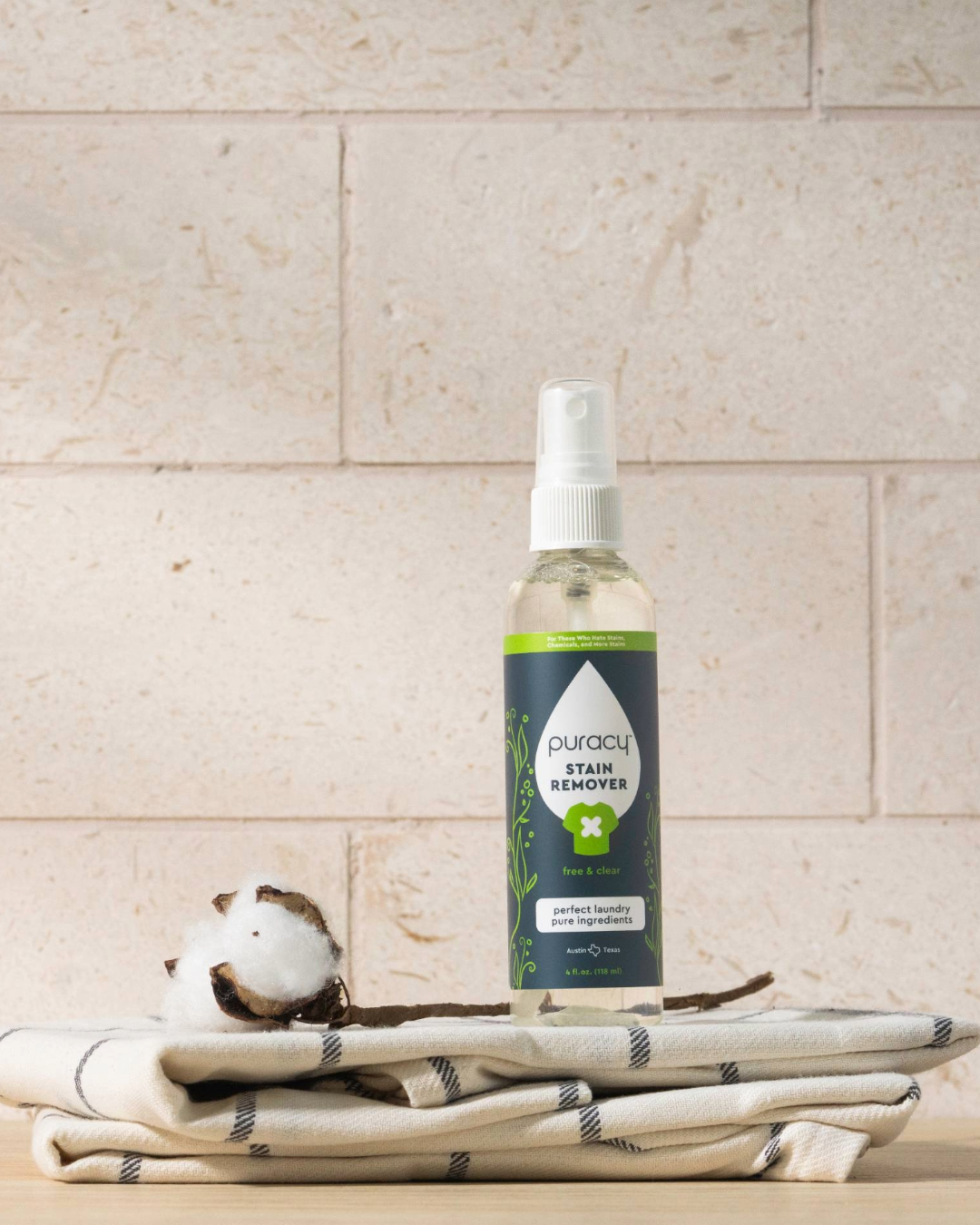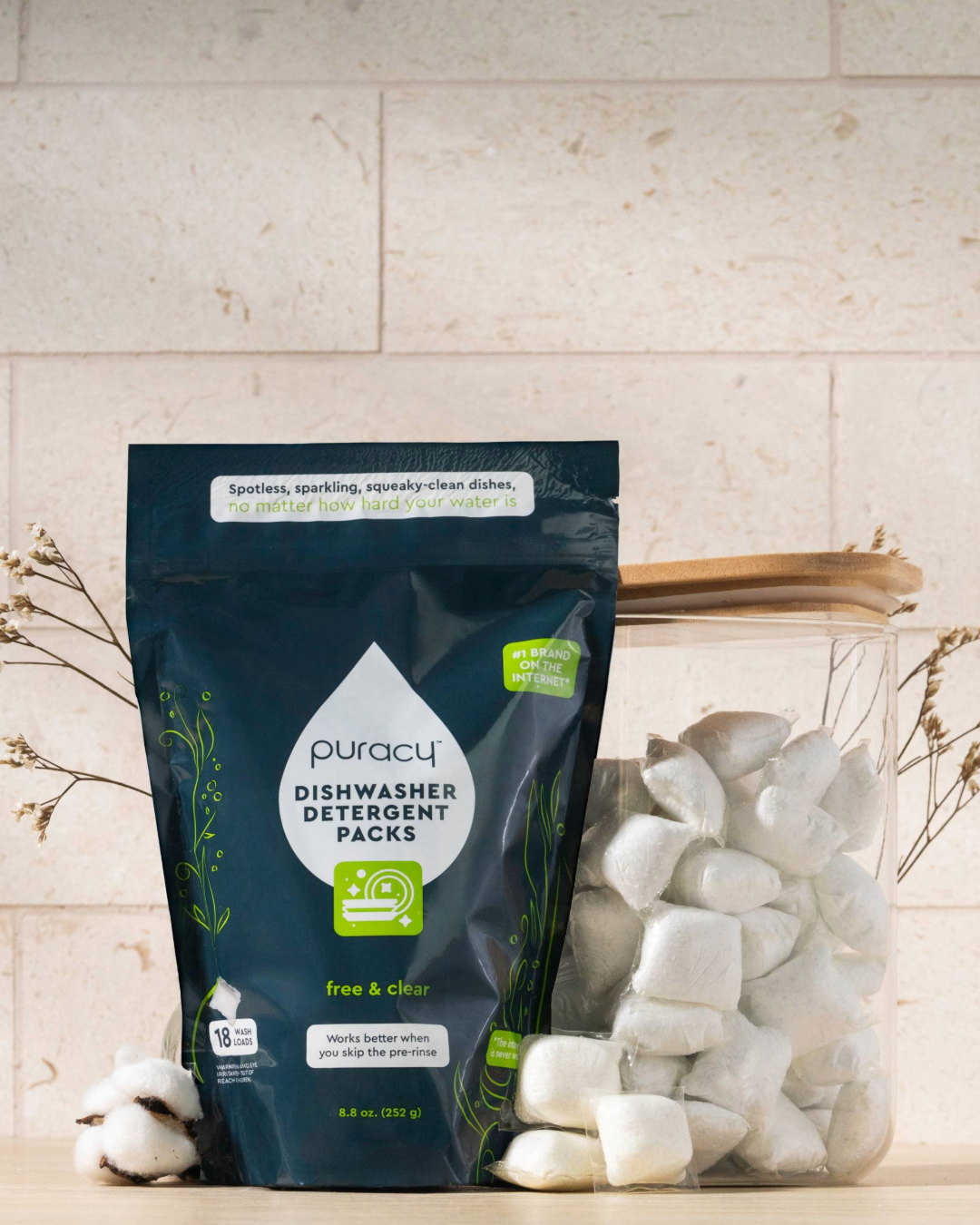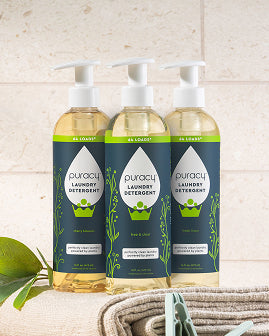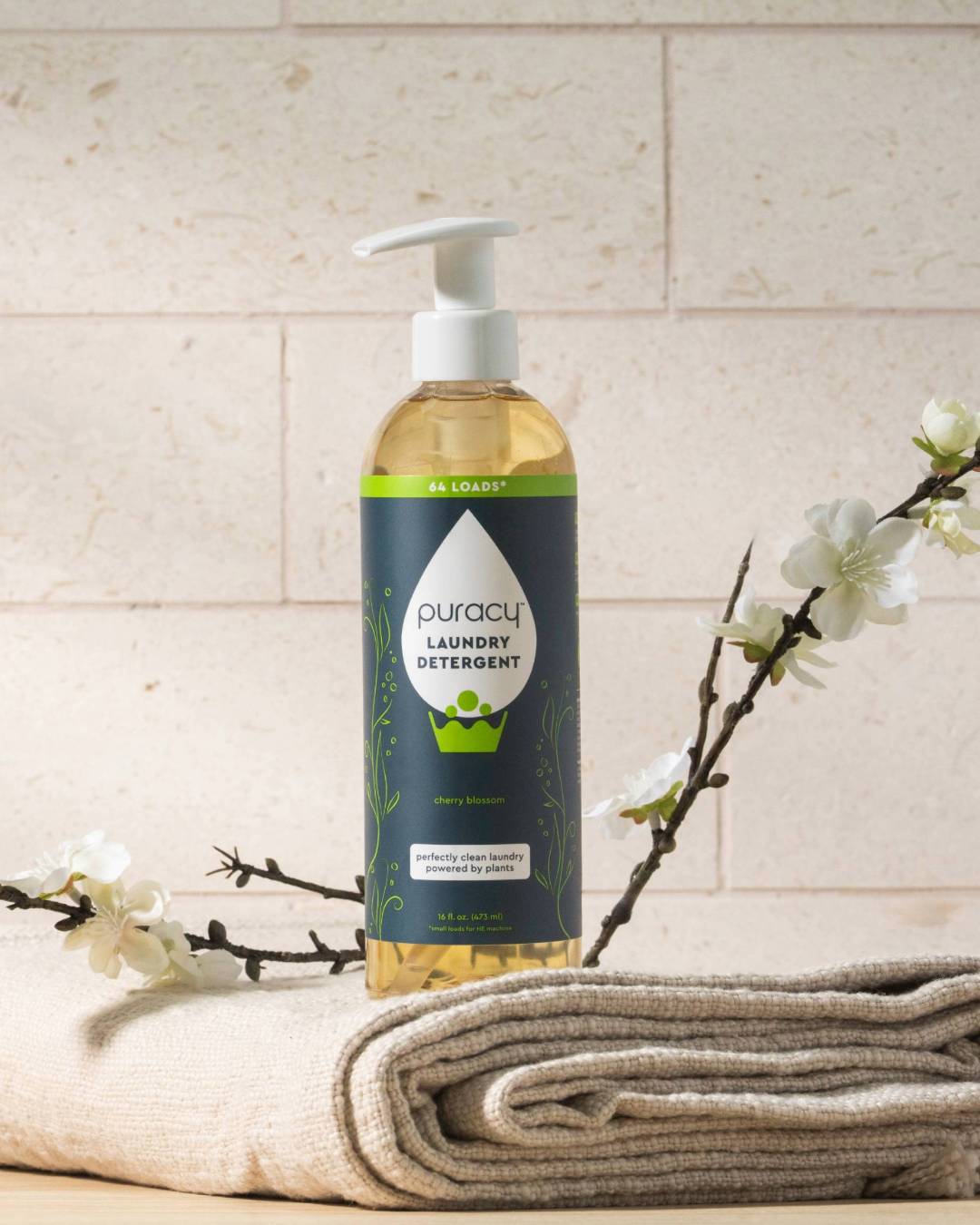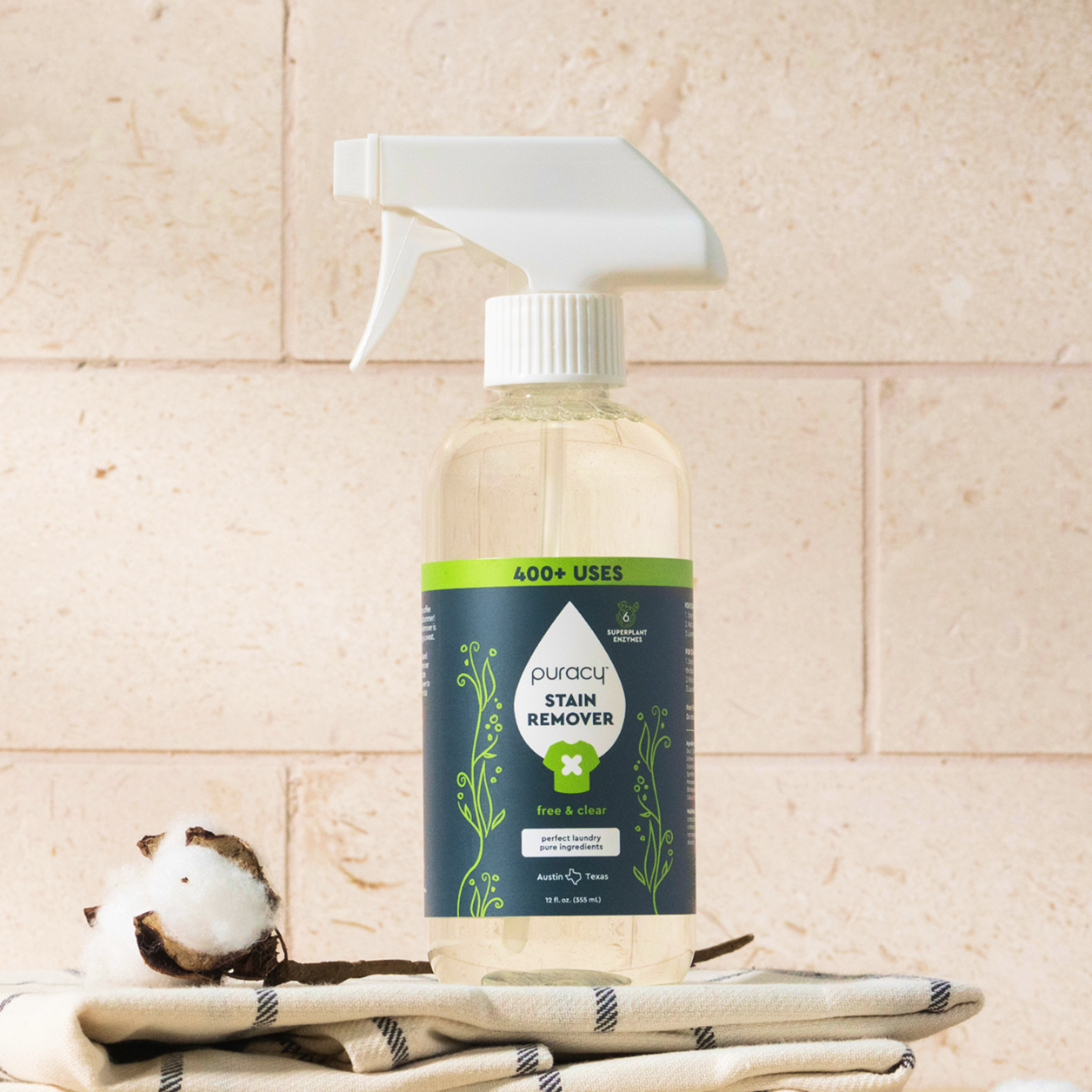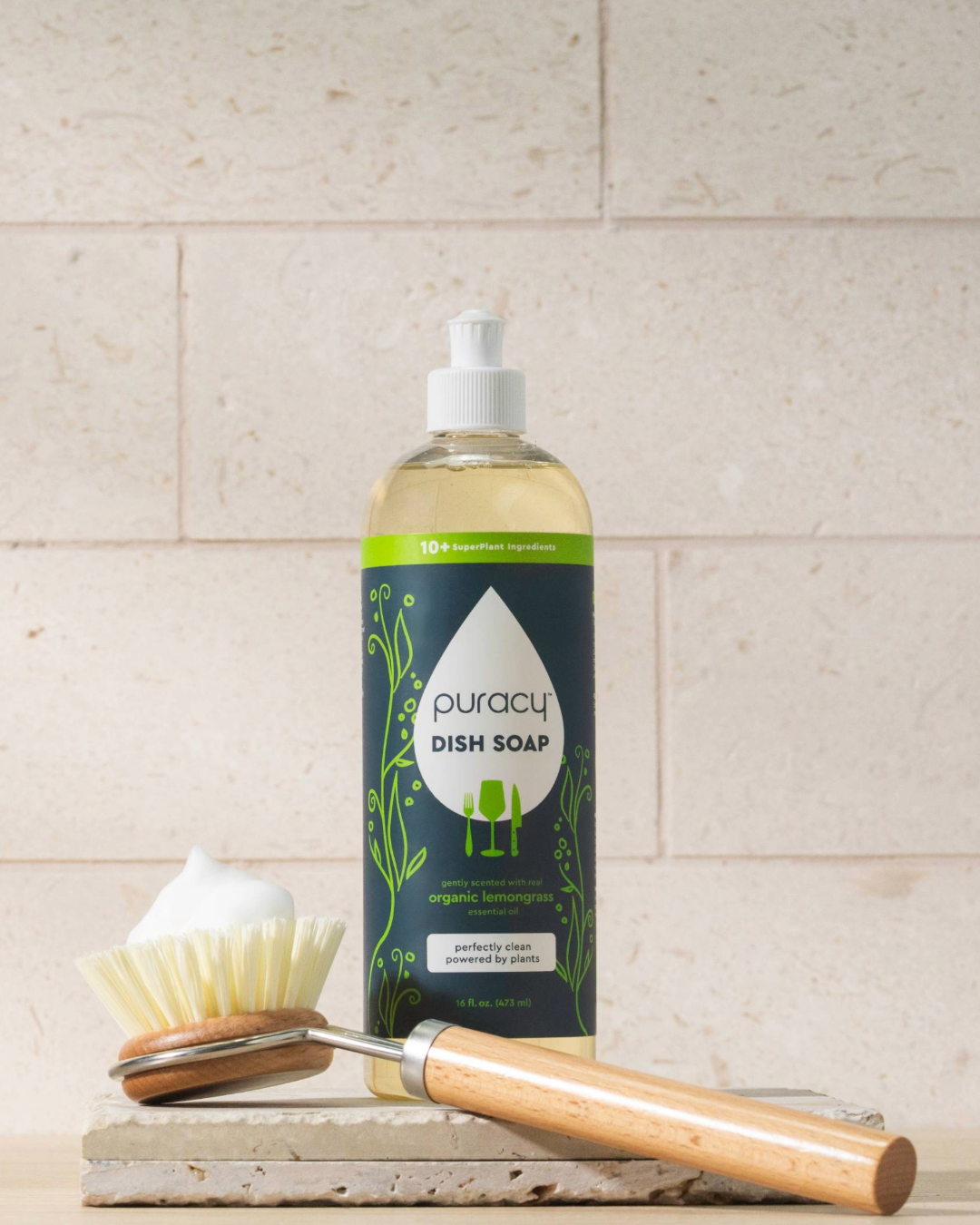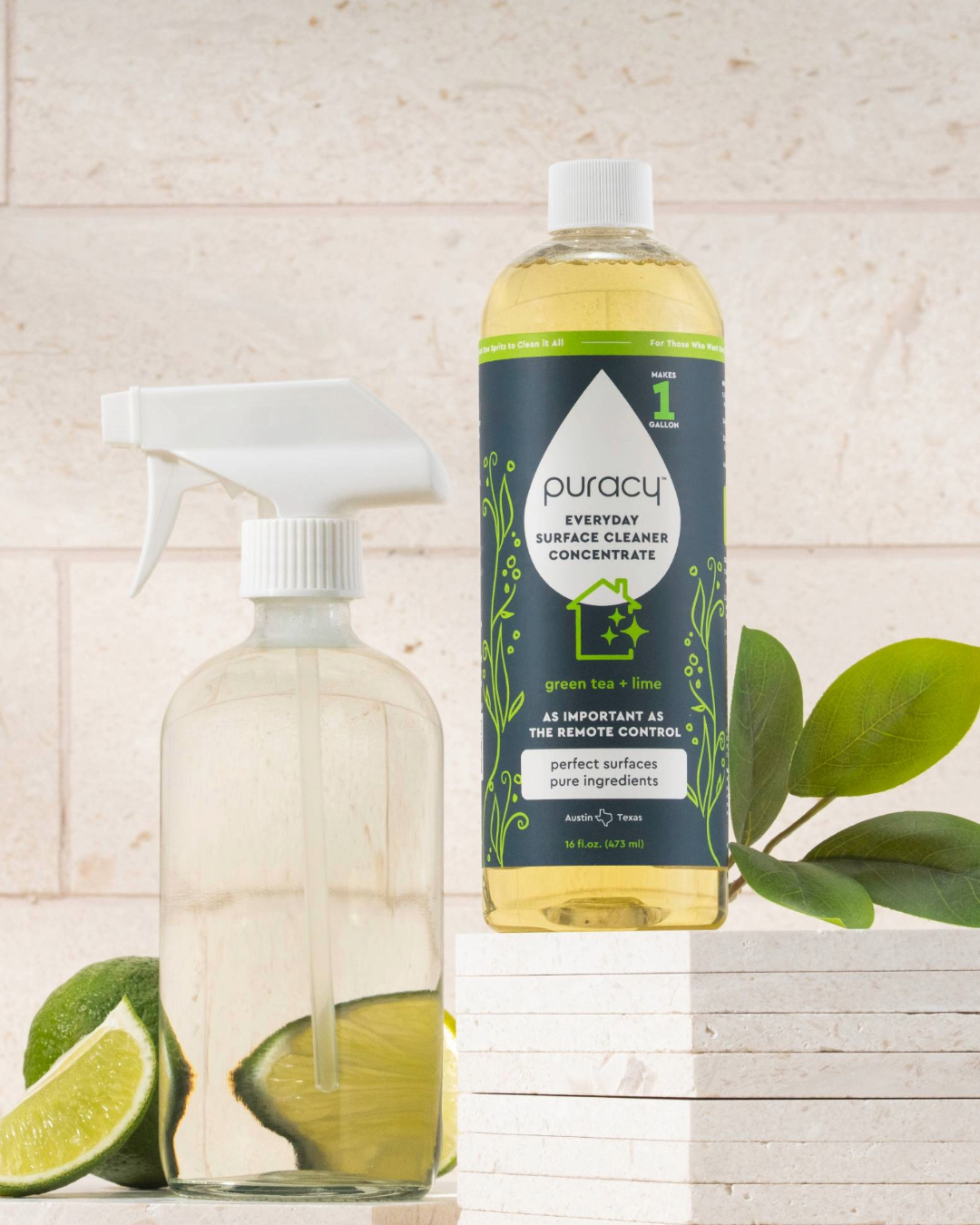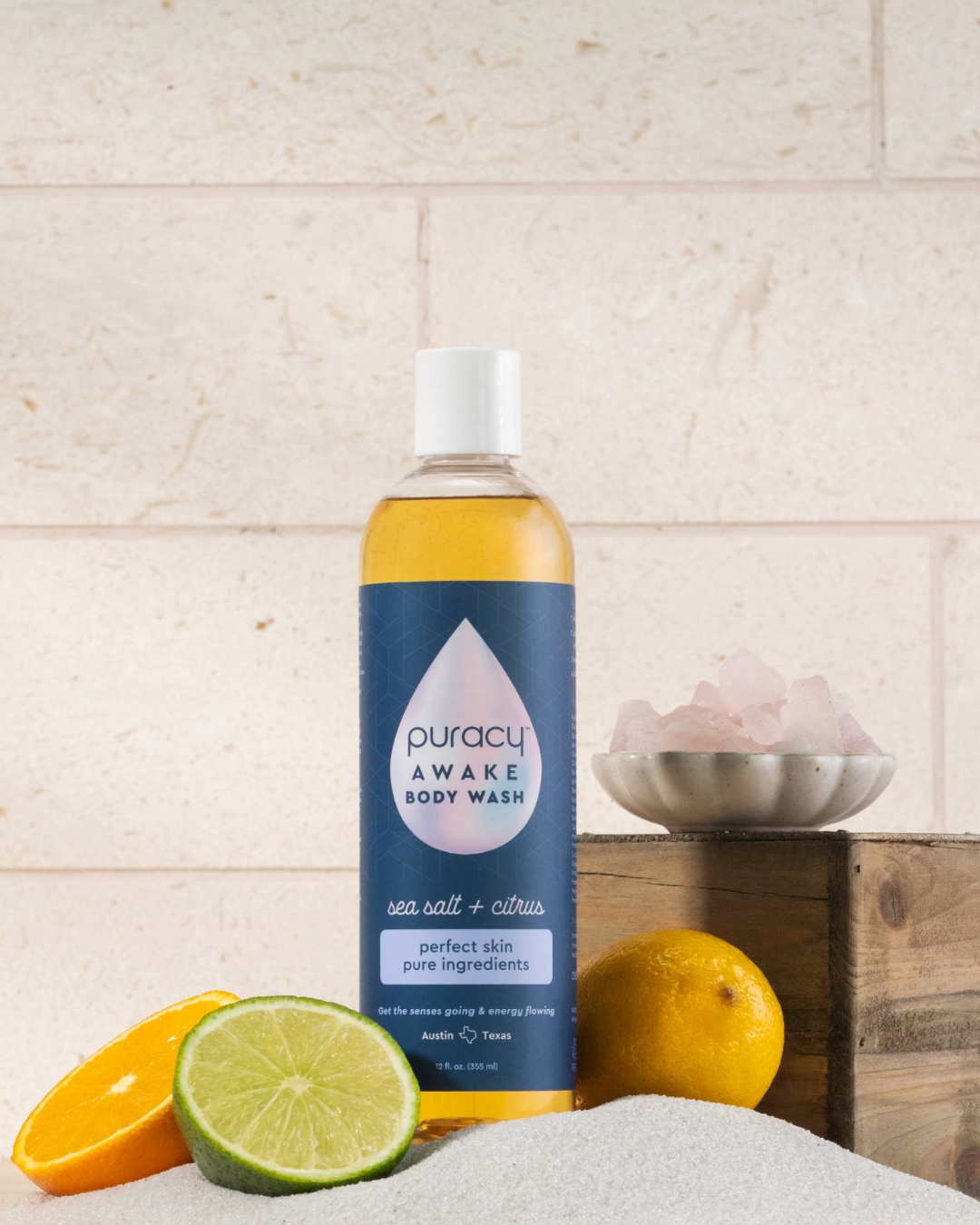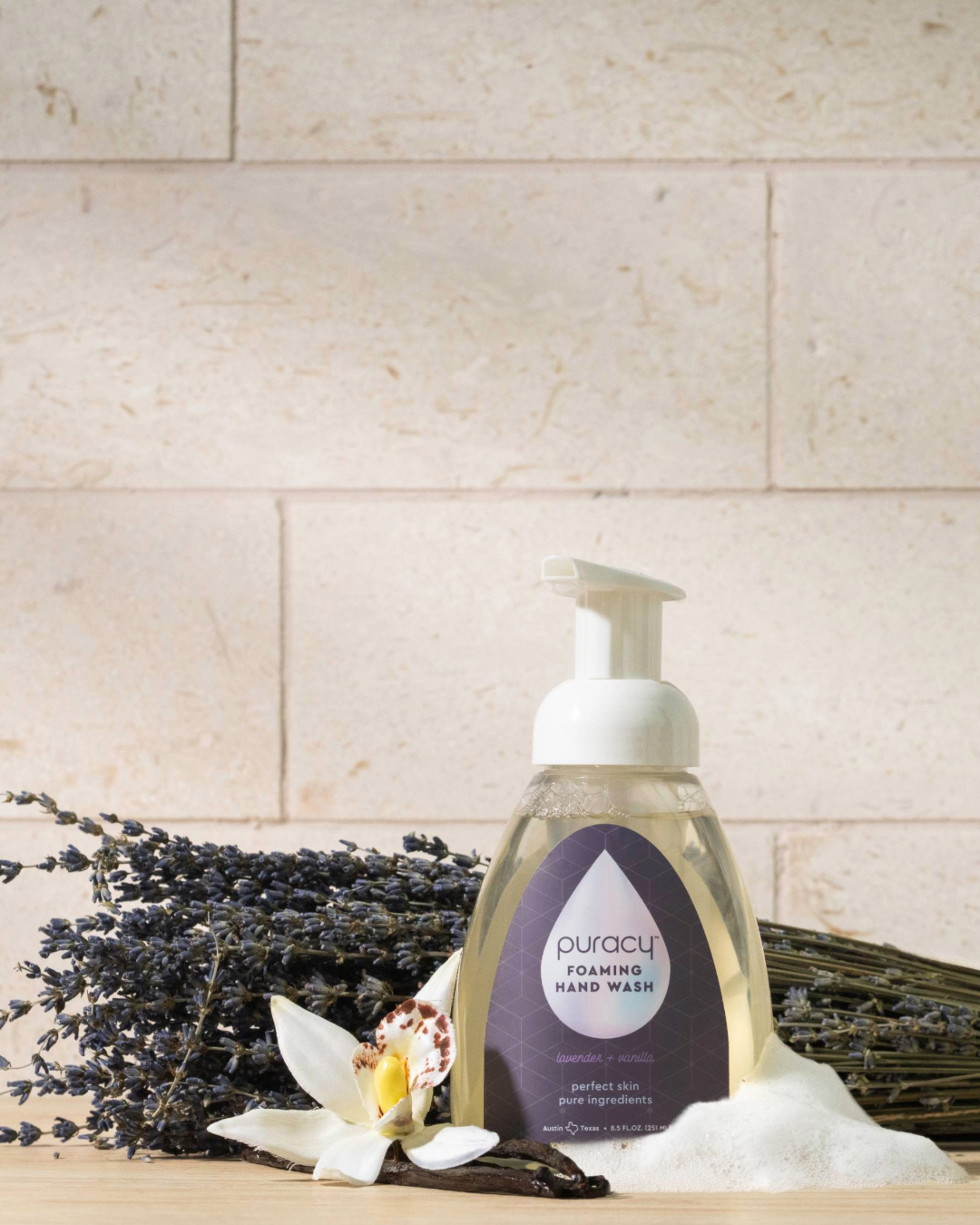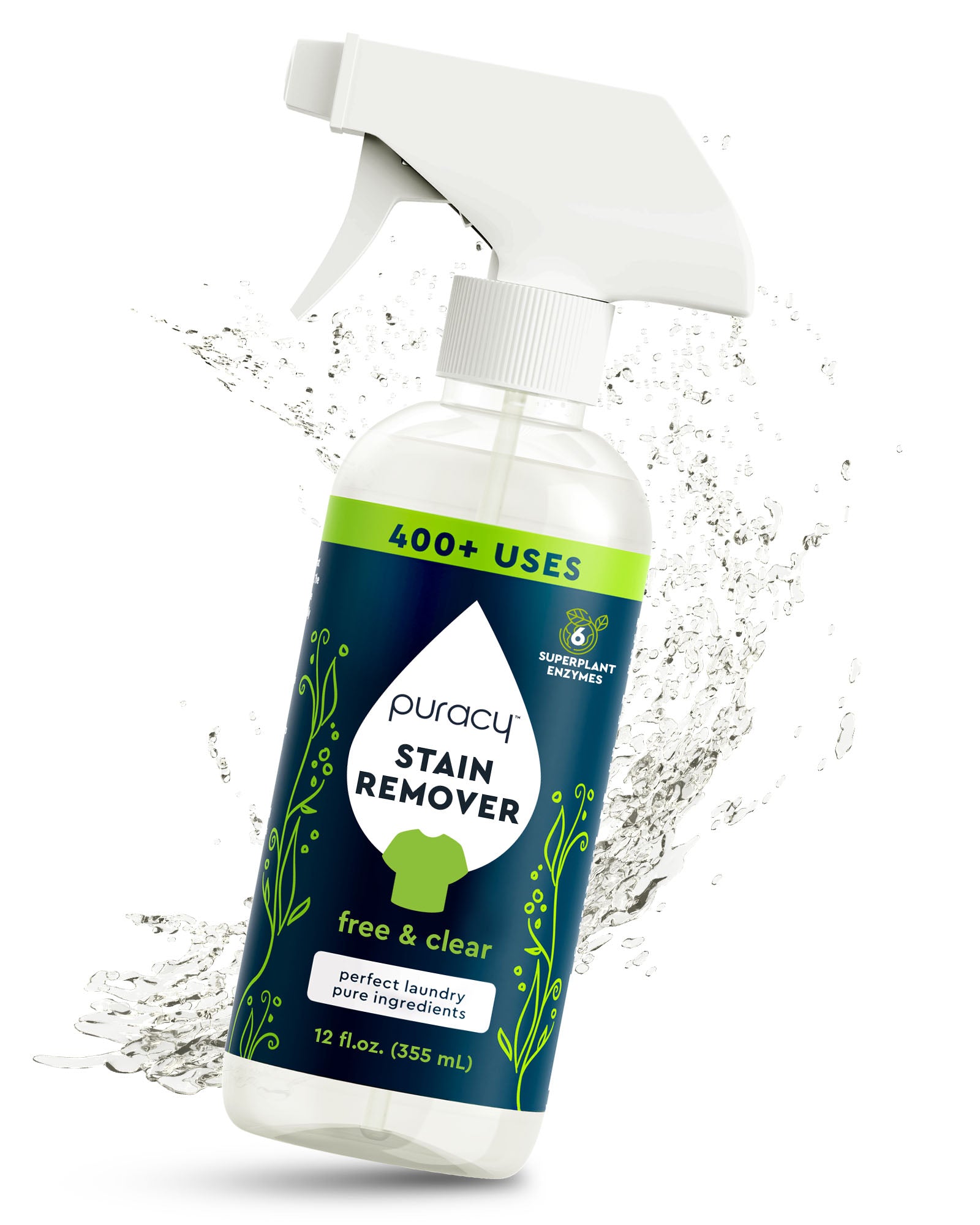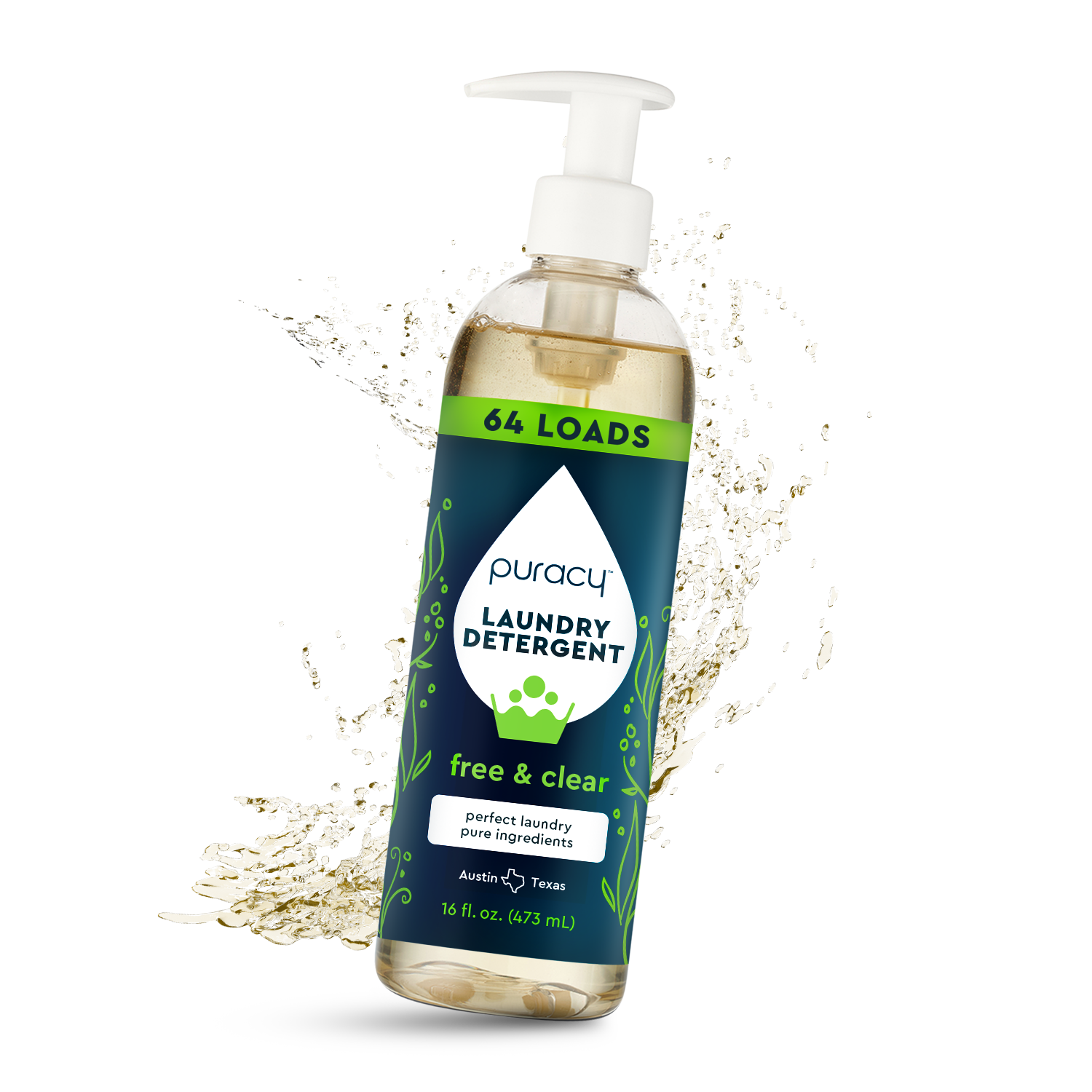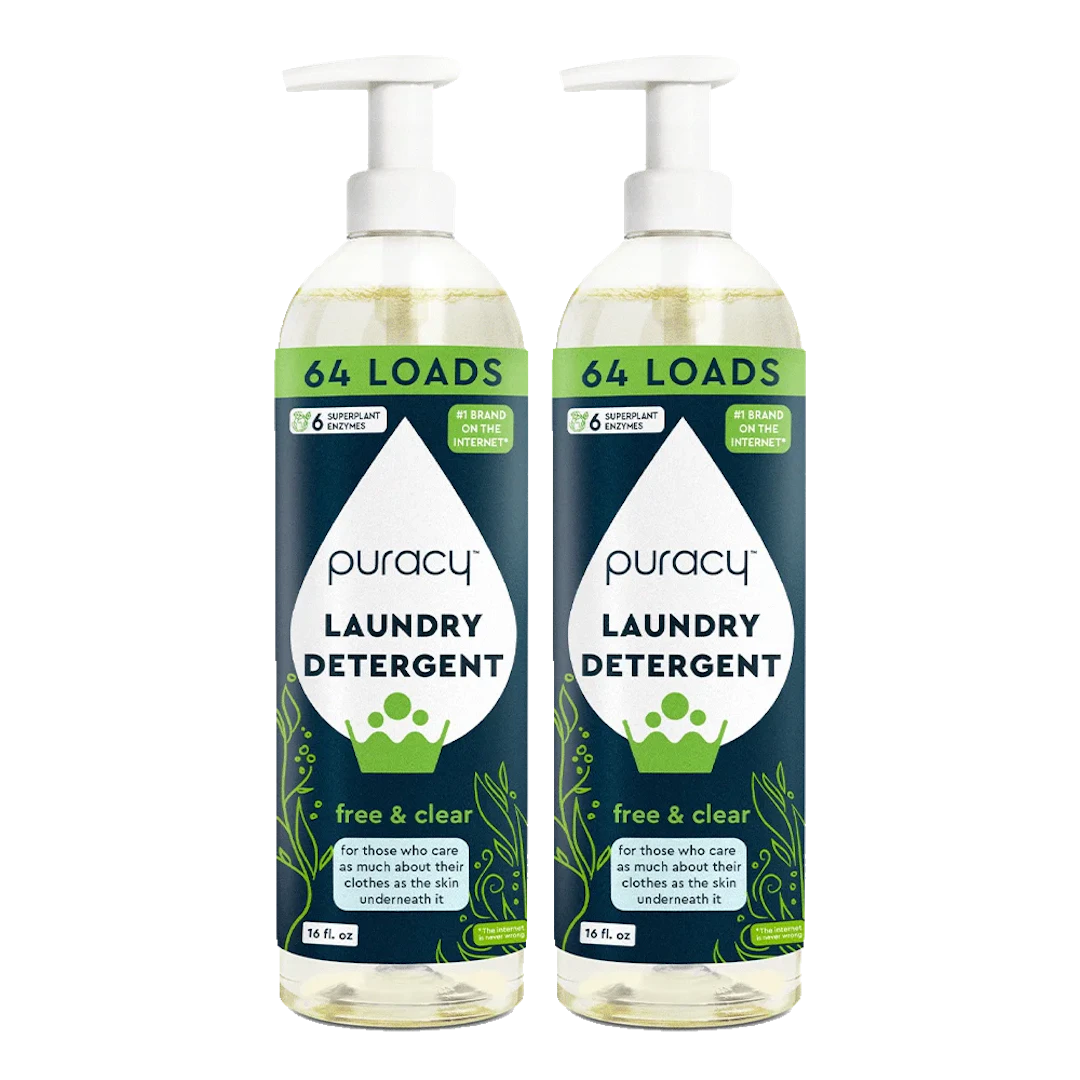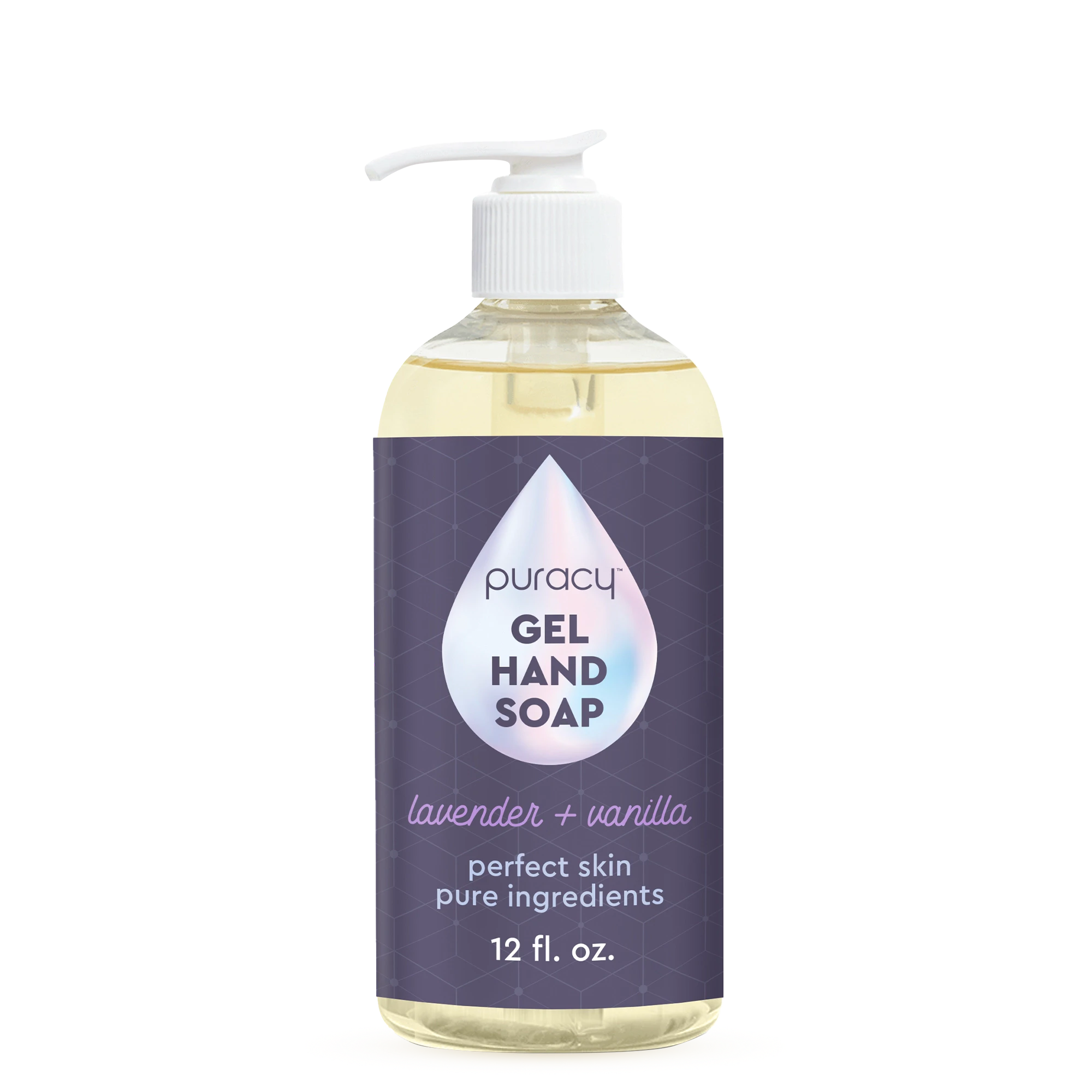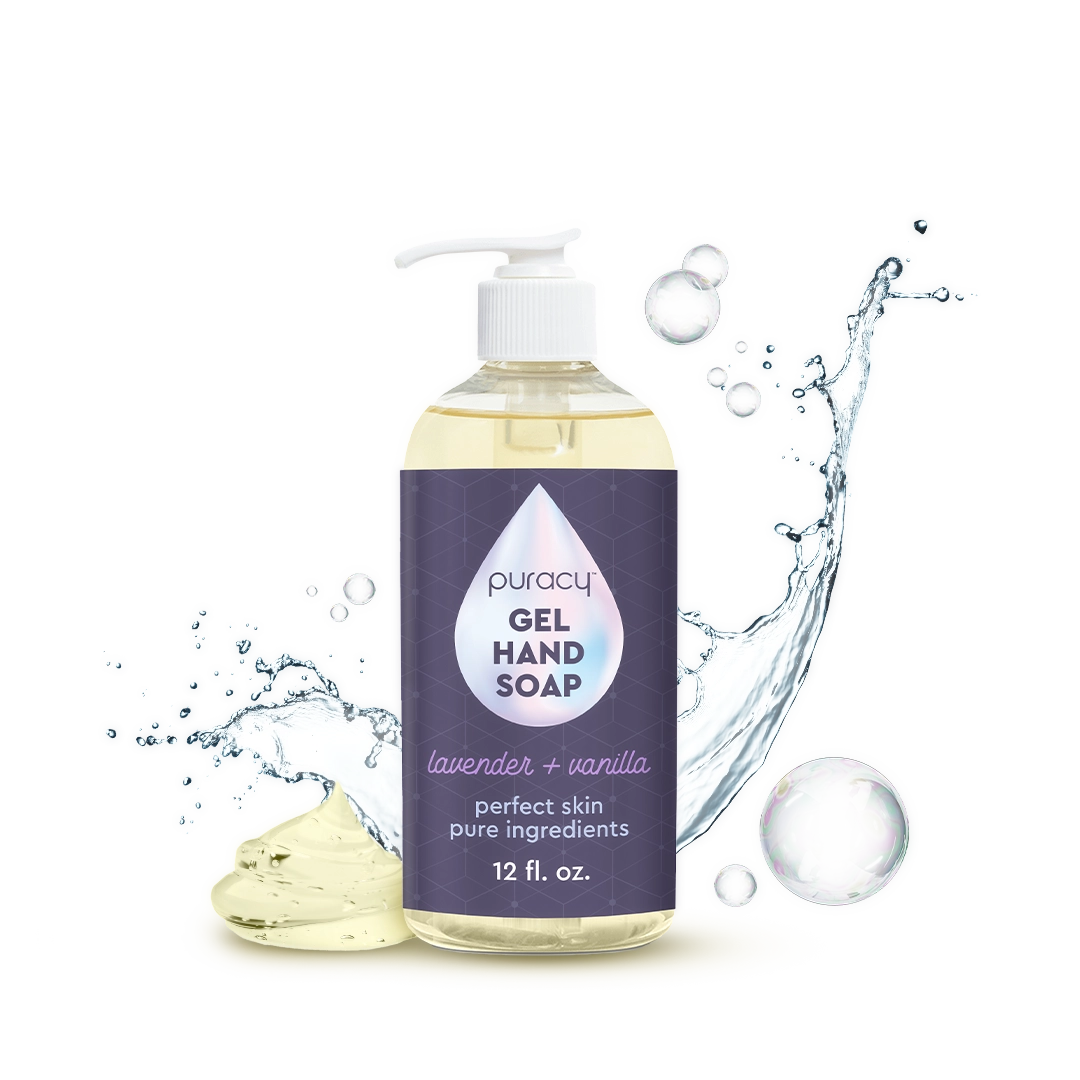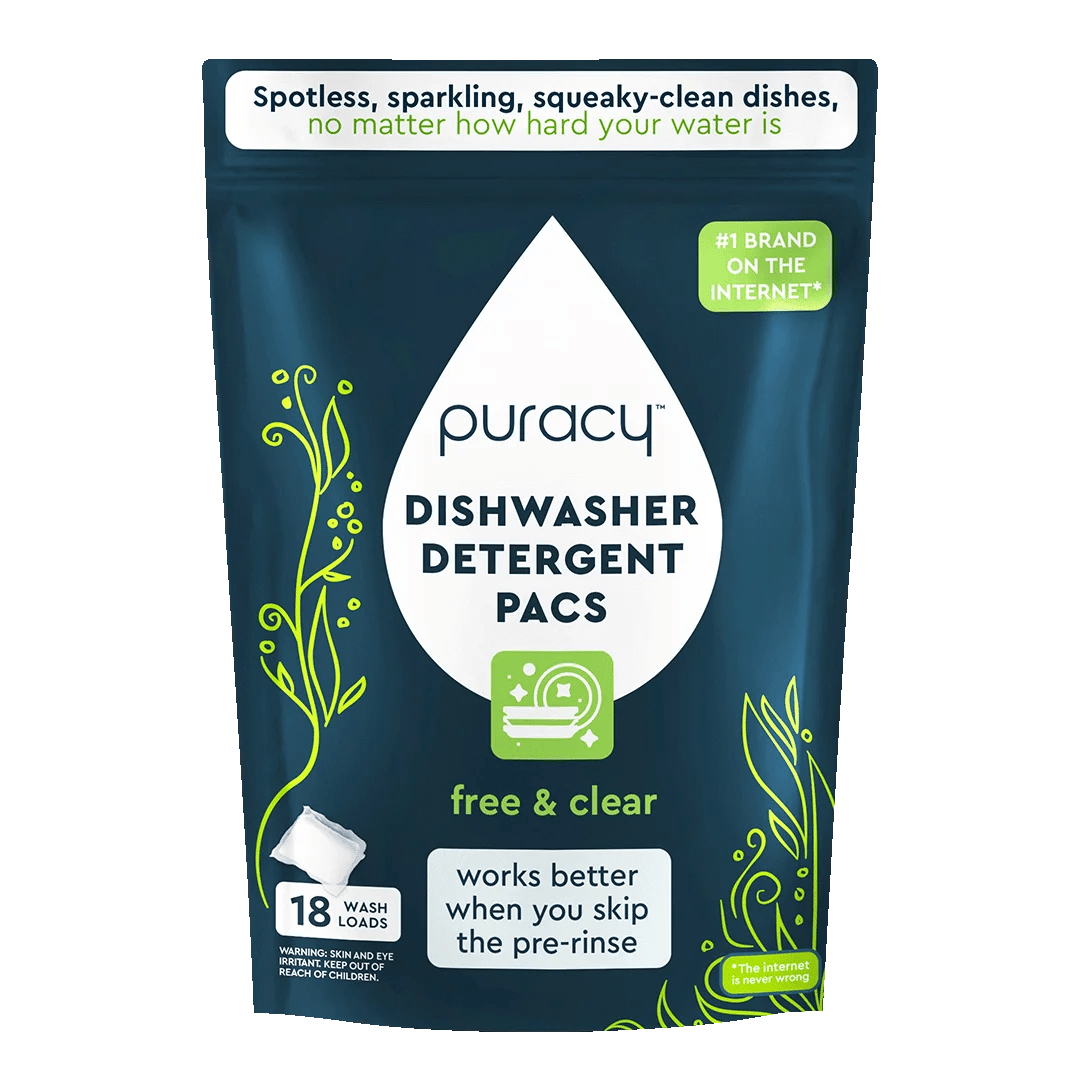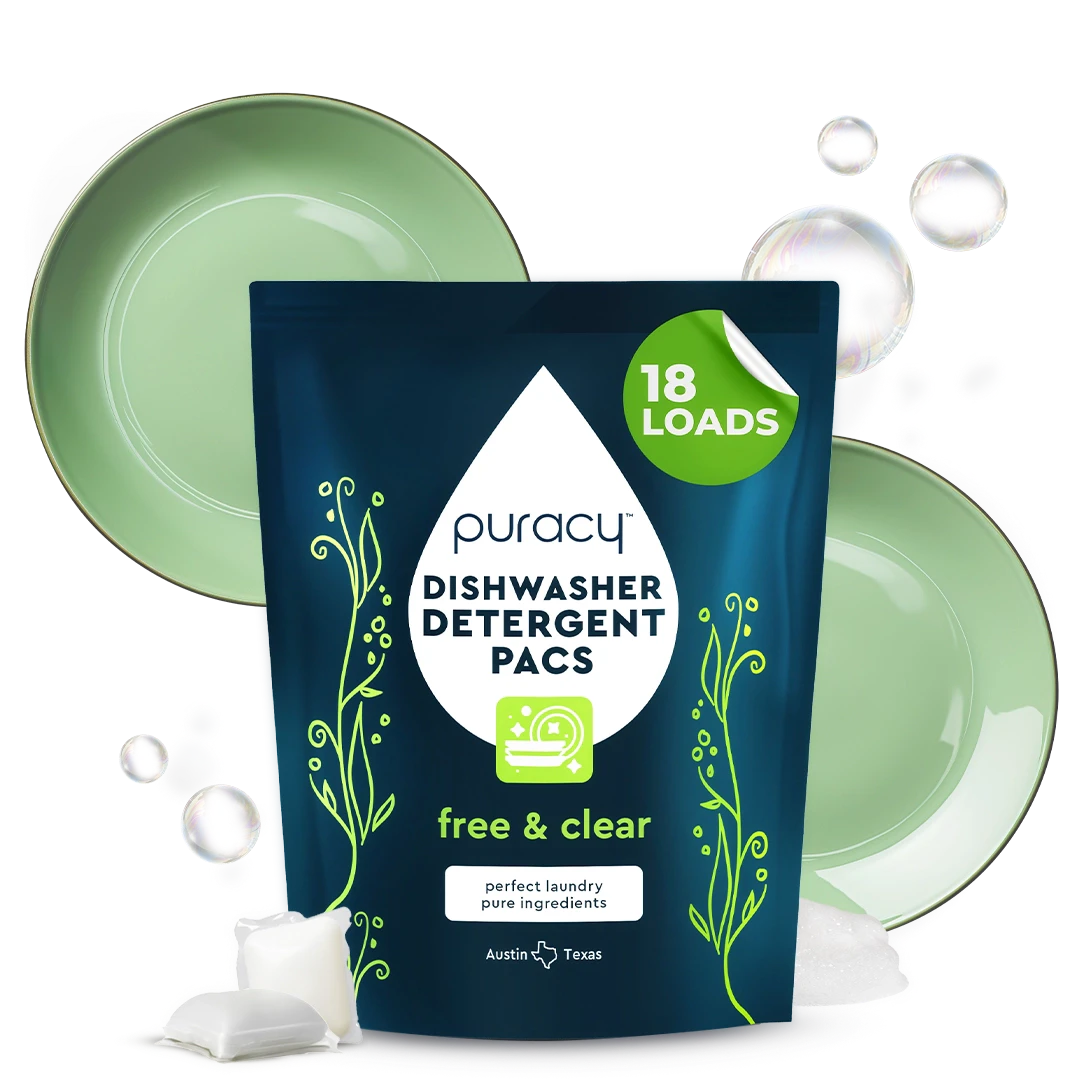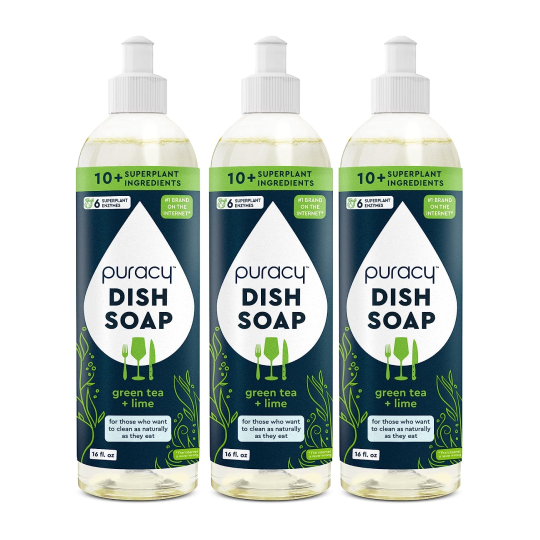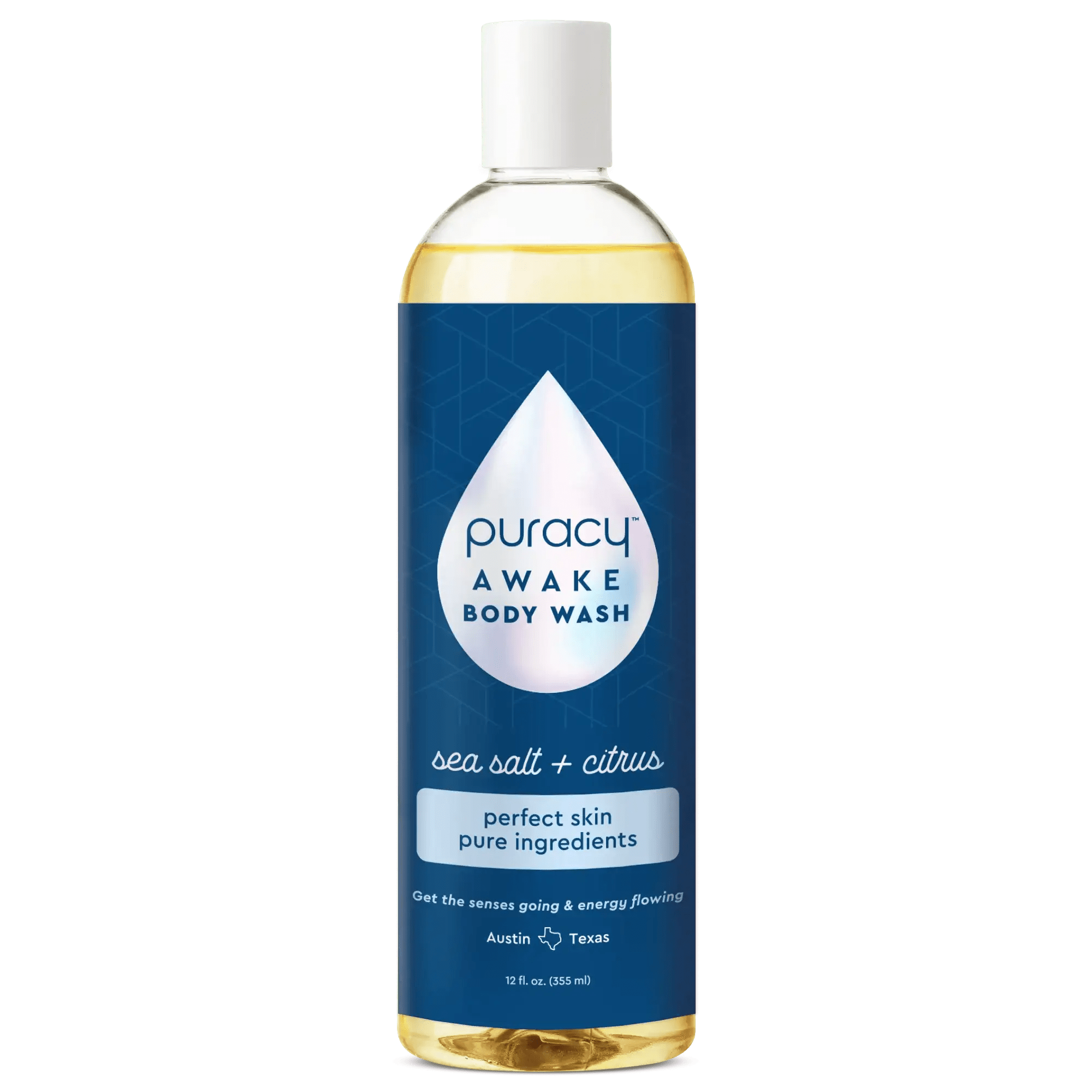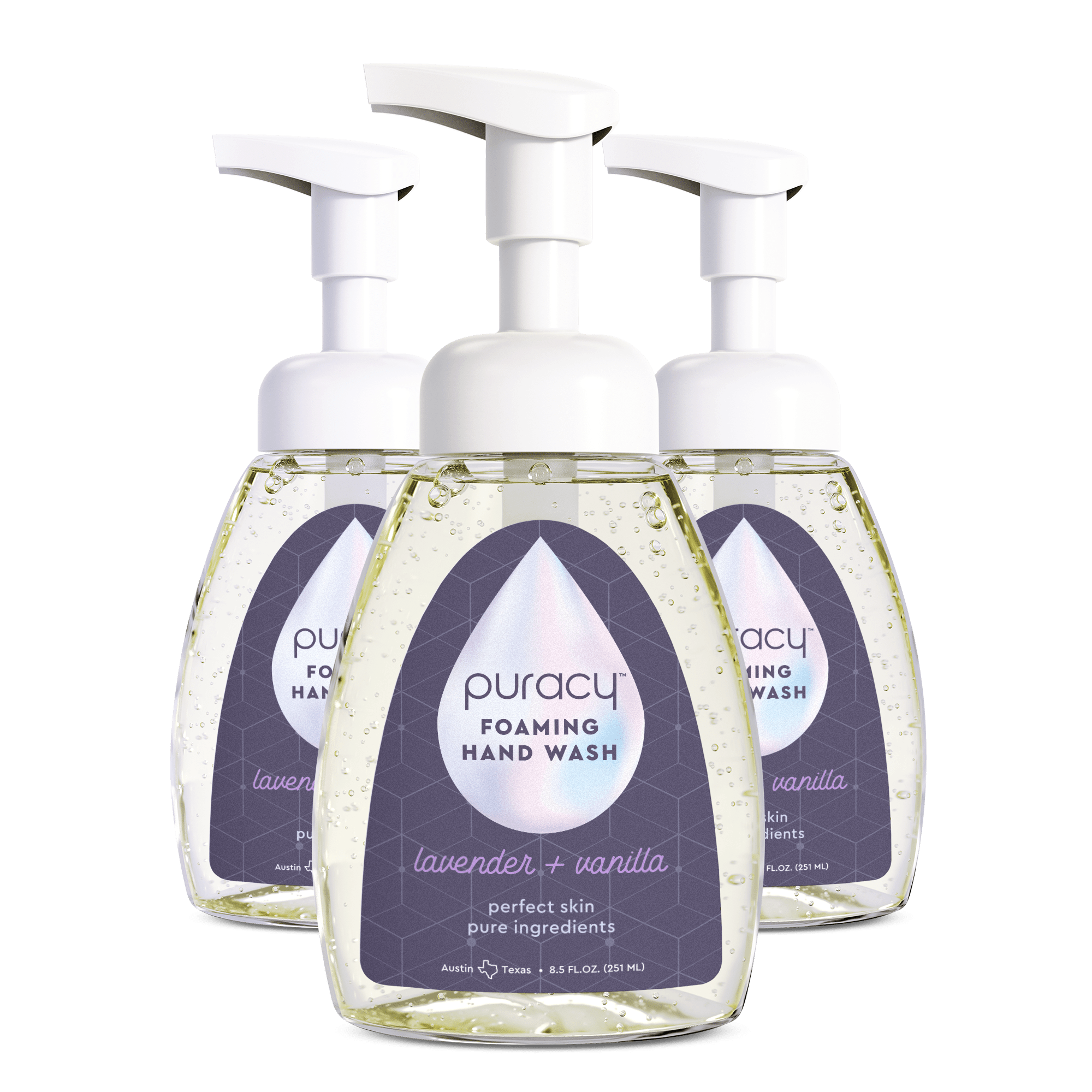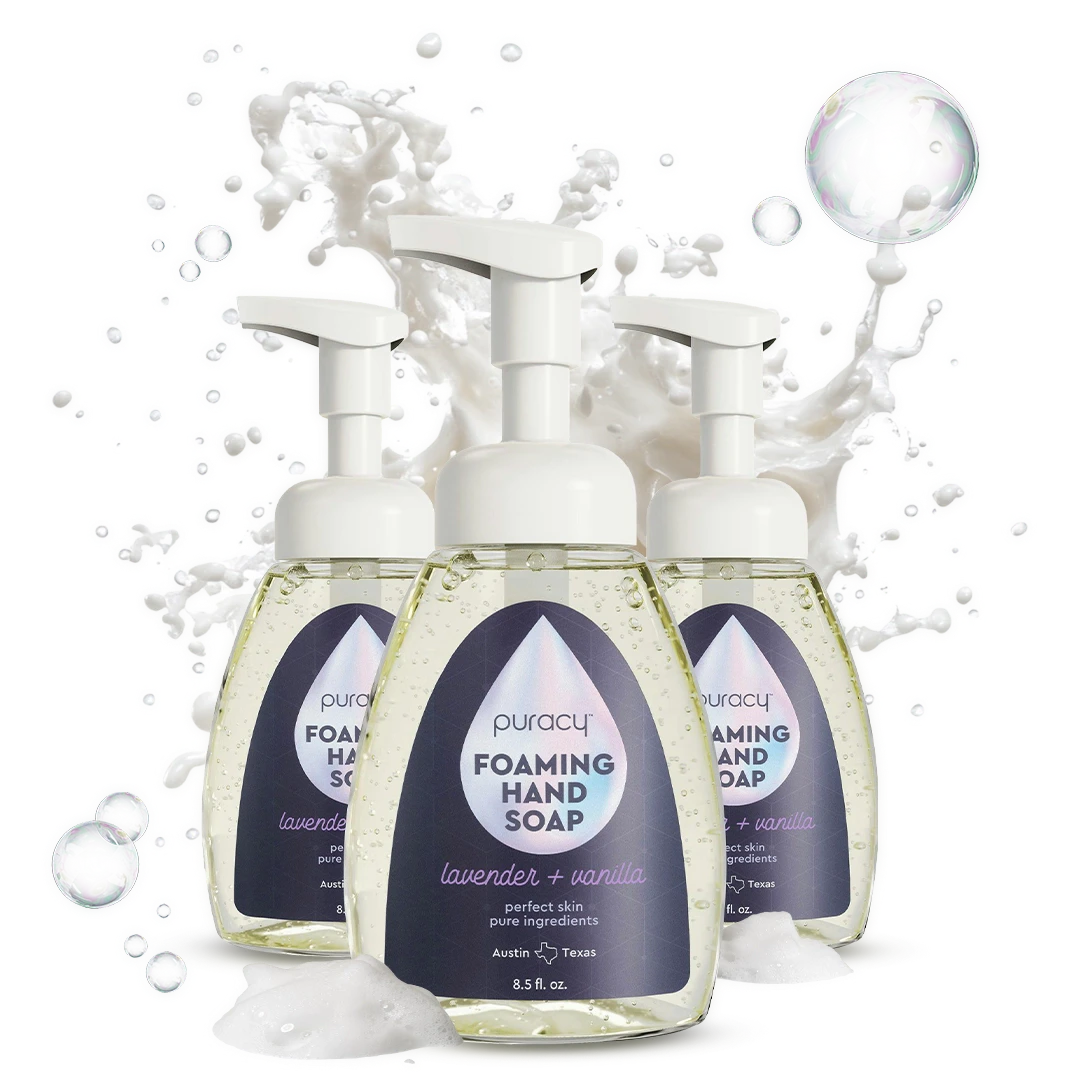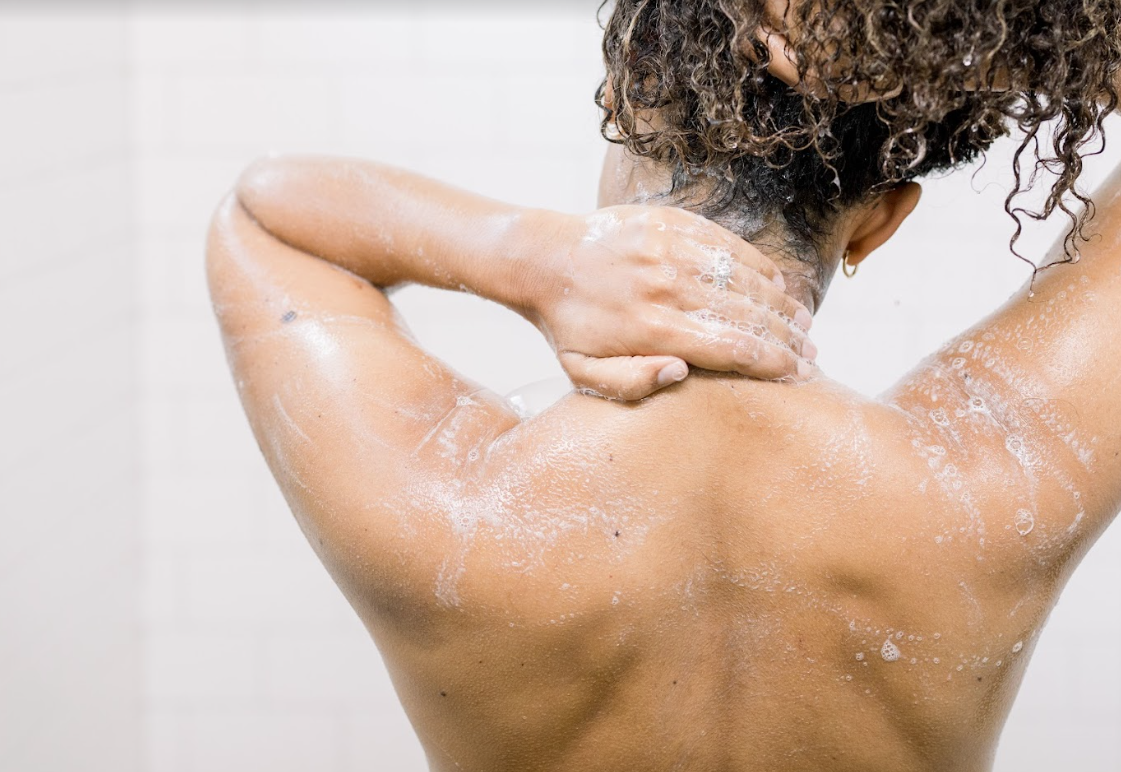
Can You Use Body Wash on Your Face?
Is it okay to use body wash on your sensitive face? If you find yourself in the bath and have absolutely no other choice, it’s better than nothing. But let’s learn more about the science behind why it’s encouraged to use a separate product for your face.
Can You Really Use Body Wash on the Face?

Dermatologists say, “please don’t if you can help it.” Body wash products from your supermarket shelves can dry out skin. Since the face has thinner, more sensitive skin than the rest of the body, it can be more prone to irritation, dryness, and other negative effects from chemicals. Face-specific products are formulated to be gentle cleansers that don't peel off the skin’s healthy natural oils.
The American Academy of Dermatology Association recommends washing the face once in the morning and another in the evening without scrubbing. It also endorses a gentle foaming facial wash and not those oil-based or alcohol-based cleansers.
How is Body Wash Different from Face Wash?

Learn how the two differ and why body wash can dry out your face’s skin.
-
Body Wash May Have Harsher Surfactants
Surfactants are active ingredients that are in charge of removing impurities like dirt and oil from the skin.
Facial cleansers often contain milder surfactants like sodium lauryl sulfate (SLS) or sodium laureth sulfate (SLES) in lower concentrations to prevent excessive dryness and irritation.
Facial washes may also be formulated with surfactants that address specific skin concerns like acne and oiliness, which may be absent in most body washes.
-
Body Wash is Not Intended for the Face
While a body wash can sufficiently cleanse areas like arms, legs, chest, and back, it may be too harsh to use on the face. Since the face is more delicate, a milder and more specific formulation is necessary to remove dirt, sweat, make up, excess oil, and dead skin cells.
Apart from milder surfactants, a facial wash usually contains ingredients to target facial issues like acne, dryness, or redness.
-
Washing Off Oil-Soluble Compounds
Body wash is great for removing oil-soluble compounds with surfactants that are better suited for larger body areas. These areas like the arms, legs, and back tend to accumulate more dirt and oil throughout the day.
On the other hand, a facial wash is still capable of removing oil-soluble compounds. The difference is that a facial wash will have a lower concentration of surfactants, which allows it to clean without damaging effects on sensitive skin.
-
Effectiveness at Eliminating Germs, Dirt, and Pollution
Dermatologists recommend avoiding harsh surfactants found in body washes that can disrupt the skin's natural moisture barrier and lead to irritation. Milder surfactants used in facial washes include sodium cocoyl isethionate, coco glucoside, or decyl glucoside, which have gentle cleansing properties.
If you have acne-prone and oily skin, it's important to choose a facial wash that contains appropriate surfactants for your skin type. Look for products labeled as "oil-free" or "non-comedogenic" to ensure they won't clog your pores or exacerbate acne.
-
Body Wash Can Affect a Face’s pH Level
Normal skin pH is between 5.4 to 5.9 on average. Using a facial cleanser that matches the skin's pH helps maintain its barrier function and overall balance. Body skin typically has a higher pH compared to facial skin. Body washes aim to cleanse the larger surface area of the body and may affect your face’s pH levels.
-
Stripping the Skin’s Barrier
The skin's barrier function is crucial for maintaining healthy and hydrated skin. The barrier helps retain moisture, protects against external irritants, and prevents water loss. Stripping the skin's barrier can lead to various skin issues, including dryness, increased sensitivity, and potential disruption of the skin's natural microbiome.
When choosing cleansers, it's important to opt for products that are labeled as "gentle," "mild," or "non-stripping." Look for ingredients like glycerin or ceramides, which can help maintain the skin's moisture balance and support the barrier function.
Benefits of Using Body Wash for the Face

Scientific research and dermatological experts generally recommend using facial cleansers that are specifically formulated for the face to ensure the best results and minimize the risk of adverse reactions. However, there are a few benefits of using body wash for the face:
-
Convenience
When facial cleansers are not available, a body wash works well as an alternative over the harsher soap.
-
Personal preference
Some people may prefer the texture, scent, or specific ingredients of their body wash.
-
Cost savings
A facial wash on top of your regular line up of body cleansing products may add a few more dollars to your expenses.
Body Wash Ingredients That You Should Avoid on Your Face

When it comes to body wash products, there are some common ingredients that individuals with sensitive skin or certain skin conditions may want to avoid. While these ingredients may not necessarily be harmful to everyone, they have the potential to cause irritation or adverse reactions in some individuals.
-
Synthetic Fragrances
Many body washes contain synthetic fragrances, which can be a common cause of skin irritation, especially for those with sensitive skin or conditions like eczema. Go for fragrance-free body wash should you find yourself without a proper facial wash product.
-
Sodium Lauryl Sulfate (SLS) and Sodium Laureth Sulfate (SLES)
SLS and SLES can be drying and irritating to the skin, particularly for individuals with sensitive or dry skin. Look for sulfate-free body washes as an alternative.
-
Parabens
Parabens are preservatives commonly found in body washes to prevent the growth of bacteria and fungi. However, some studies have raised concerns about their potential link to hormonal disruption.
-
Harsh Exfoliants
Body washes that contain rough exfoliating particles like large salt or sugar crystals can be too abrasive for the skin, causing micro-tears or irritation. Avoid using body wash with harsh exfoliants on your face.
-
Drying Alcohols
Drying alcohols like denatured alcohol or isopropyl alcohol can strip the skin off its natural oils, leading to dryness and irritation.
Are Facial Washes Just a Marketing Gimmick?

Facial washes are not simply a marketing gimmick to sell more products. They are formulated specifically for the unique needs of facial skin. We rarely see an all-in-one face and body wash in stores. However, there is scientific evidence supporting the use of facial cleansers to be the best way instead of using a body wash or a soap.
Facial skin has a thinner stratum corneum, higher density of sensory nerve fibers, and increased susceptibility to irritation compared to body skin. Therefore, using milder and pH-balanced facial cleansers is recommended to minimize irritation.
Research has been done to compare the effects of a facial cleanser and a body cleanser on facial skin, and the results showed that the facial cleanser was less irritating and better tolerated by the skin.
Dermatologist-Recommended Body Wash for the Face

